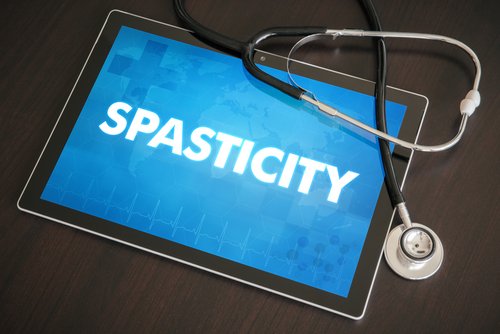FDA Expands Dysport’s Approval for Treatment of Lower Limb Spasticity in Adults
Written by |

The U.S. Food and Drug Administration (FDA) has expanded approval of Dysport (abobotulinumtoxinA) for treatment of spasticity in adults, a condition that affects many people in the United States, including multiple sclerosis patients. The decision was based on Dysport’s supplemental Biologics License Application (sBLA) in lower limb spasticity and Phase 3 clinical study results.
This treatment, marketed by Ipsen, was the first and only botulinum toxin approved by the FDA in July 2016 for the treatment of lower limb spasticity in pediatric patients aged 2 and older.
“Adult patients who have developed spasticity as a result of a stroke, Multiple Sclerosis, Cerebral Palsy, spinal cord injury, or traumatic brain injury now have another option when seeking treatment that helps reduce the effects of the increased muscle tone in their lower extremities,” Alexandre Lebeaut, MD, Ipsen’s executive vice president of research and development and chief scientific officer, said in a press release.
Spasticity is characterized by abnormal muscle tone or stiffness that can interfere with a person’s ability to move. Usually caused by nerve damage, it is often associated with neurological conditions, including multiple sclerosis, cerebral palsy, spinal cord injury, stroke, and brain or head trauma.
Two in three patients with MS are expected to develop lower limb spasticity.
In a Phase 3 randomized, placebo-controlled clinical trial (NCT01249404) sponsored by Ipsen, researchers evaluated the effects of Dysport in the treatment of lower limb spasticity due to stroke or traumatic brain injury in 381 adult participants.
The patients received either Dysport 1,000 units or 1,500 units, or a placebo control, injected intramuscularly in affected muscles close to the ankle joint.
Overall, patients treated with Dysport showed improved muscle tone compared to the placebo group. The positive results were maintained between 12 to 16 weeks during the trial, with some patients showing longer response of about 20 weeks.
“We are proud that Dysport is now available to support an additional population of patients — including those adults managing their spasticity associated with stroke, brain injury, spinal cord injury, Multiple Sclerosis, or Cerebral Palsy — and that Ipsen is able to provide comprehensive support offerings, including the IPSEN CARES patient assistance program and the C.L.I.M.B. injector training platform for healthcare providers,” said Cynthia Schwalm, executive vice president and president of Ipsen’s North America commercial operations.
Dysport, like all botulinum toxin products, has a Boxed Warning stating that the effects of botulinum toxin may spread from the area of injection to other areas of the body, causing symptoms similar to botulism. Symptoms include swallowing and breathing difficulties that can be life–threatening, Ipsen noted in its press release.


